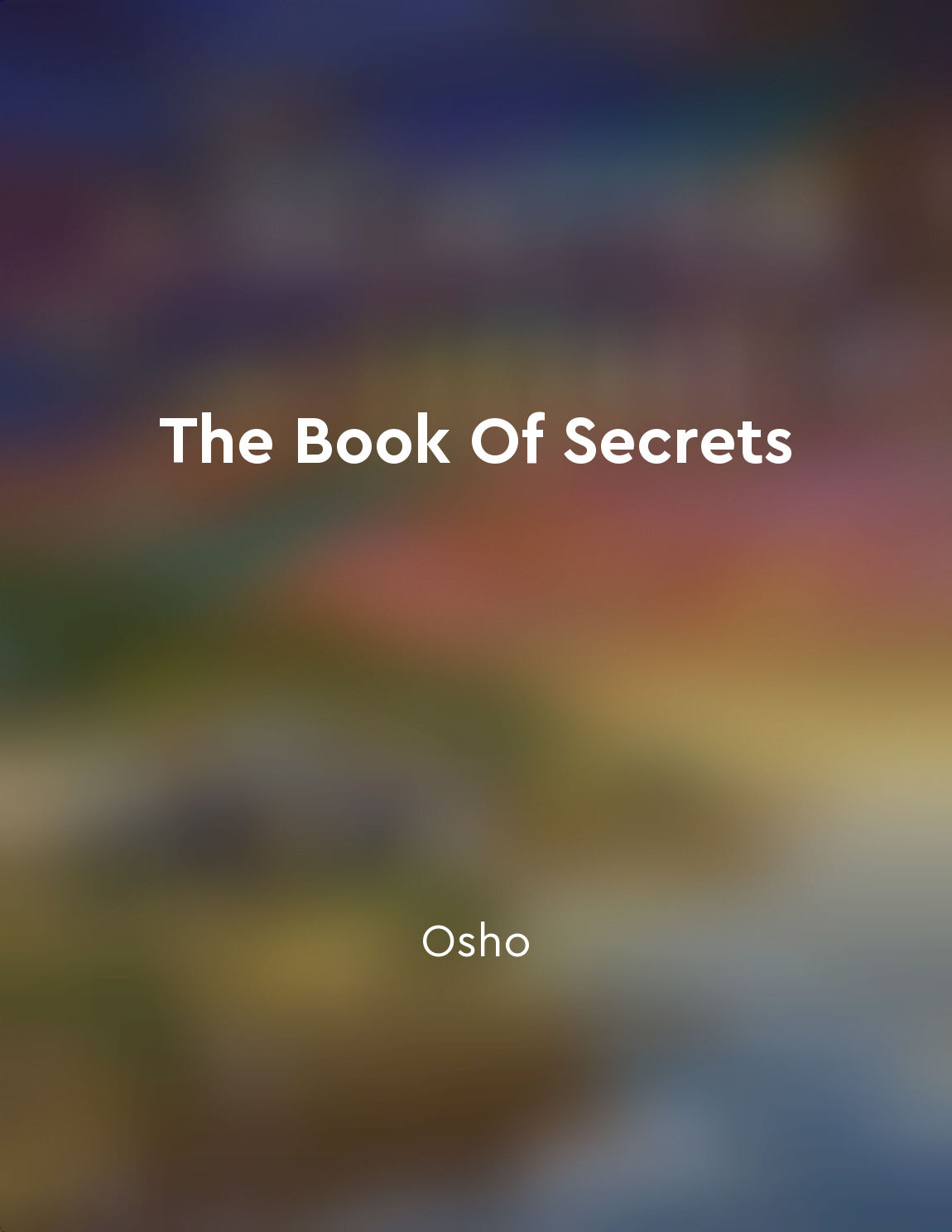Cultivate a mindset of nonattachment from "summary" of The Antidote by Oliver Burkeman
One of the most powerful tools for achieving peace of mind, according to many ancient philosophies and modern self-help gurus, is the practice of nonattachment. This is the idea that we should strive to let go of our attachment to outcomes, possessions, and even our own identities. By cultivating a mindset of nonattachment, we can free ourselves from the constant cycle of desire and dissatisfaction that so often plagues our lives. Nonattachment is not about indifference or apathy. It doesn't mean that we should stop caring about our goals or the people in our lives. Rather, it is about recognizing that attachment is the root of suffering. When we become too attached to a particular outcome, we set ourselves up for disappointment and frustration if things don't go as planned. By letting go of our attachment to specific outcomes, we can open ourselves up to a greater sense of peace and acceptance. The practice of nonattachment can also help us to break free from the endless pursuit of material possessions. In a consumer-driven society that constantly bombards us with messages about the things we need to buy in order to be happy, it can be incredibly liberating to realize that true happiness doesn't come from external sources. When we let go of our attachment to material possessions, we can focus instead on cultivating meaningful experiences and relationships. Perhaps most importantly, cultivating a mindset of nonattachment can help us to let go of our attachment to our own identities. So often, we get caught up in defining ourselves by our roles, achievements, and possessions. But when we can let go of these attachments, we can discover a deeper sense of self that is not dependent on external validation. In a world that is constantly changing and unpredictable, the practice of nonattachment can be a powerful tool for finding peace and contentment. By letting go of our attachment to outcomes, possessions, and identities, we can free ourselves from the grip of desire and dissatisfaction. Instead of constantly chasing after the next thing that we think will make us happy, we can learn to appreciate the present moment and find joy in the simple things that life has to offer.Similar Posts
Seek refuge in the three jewels of Buddhism
The concept of seeking refuge in the three jewels of Buddhism is fundamental to the practice of this ancient tradition. The thr...

Path to selfrealization
The path to self-realization is the process by which one strives to understand their true identity and purpose in life. This jo...
Learn to say no to protect your time and energy
In order to safeguard your most precious resources - time and energy - you must cultivate the ability to decline requests that ...

Connect with your higher self and purpose
To truly understand the concept of connecting with your higher self and purpose, it is essential to delve deep into your inner ...
Live authentically and in alignment with your true self
To live authentically means to be true to yourself, to be who you truly are without trying to be someone else. It means not pre...
Live in alignment with your true self
To live in alignment with your true self means to live authentically, in accordance with your deepest values and desires. It in...
Cultivate meaningful relationships
Building meaningful relationships is crucial for a fulfilling and happy life. It is not about the quantity of friends or acquai...

Cultivate compassion and love
To cultivate compassion and love, you must first understand that they are not something you can force or fake. They are qualiti...
Gratitude is a key component of a happy life
Gratitude, the simple act of being thankful for what we have, is a powerful force that can transform our lives and bring us tru...
The power of meditation
In the depths of meditation, one can tap into a source of boundless power and wisdom. By quieting the mind and turning inward, ...
